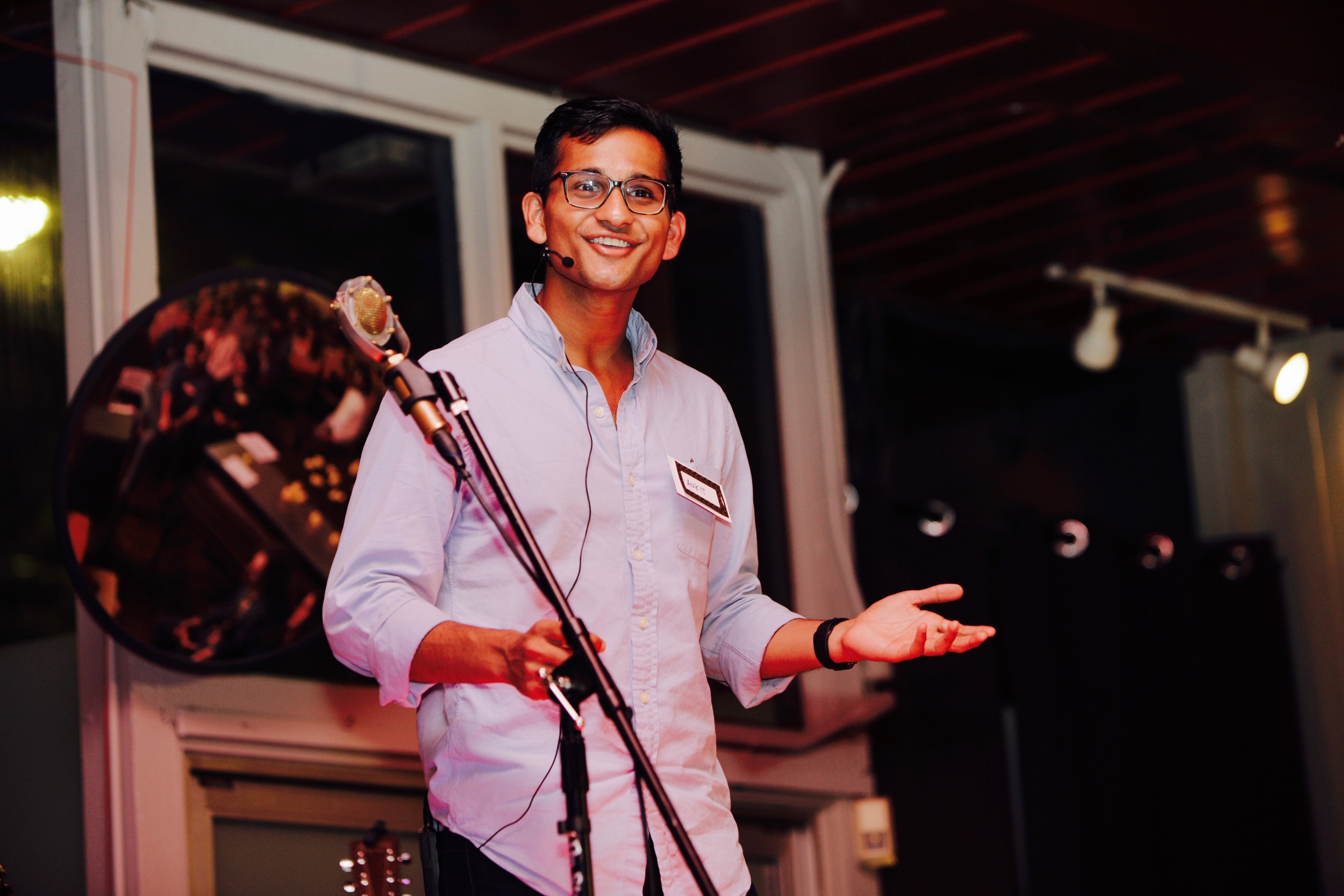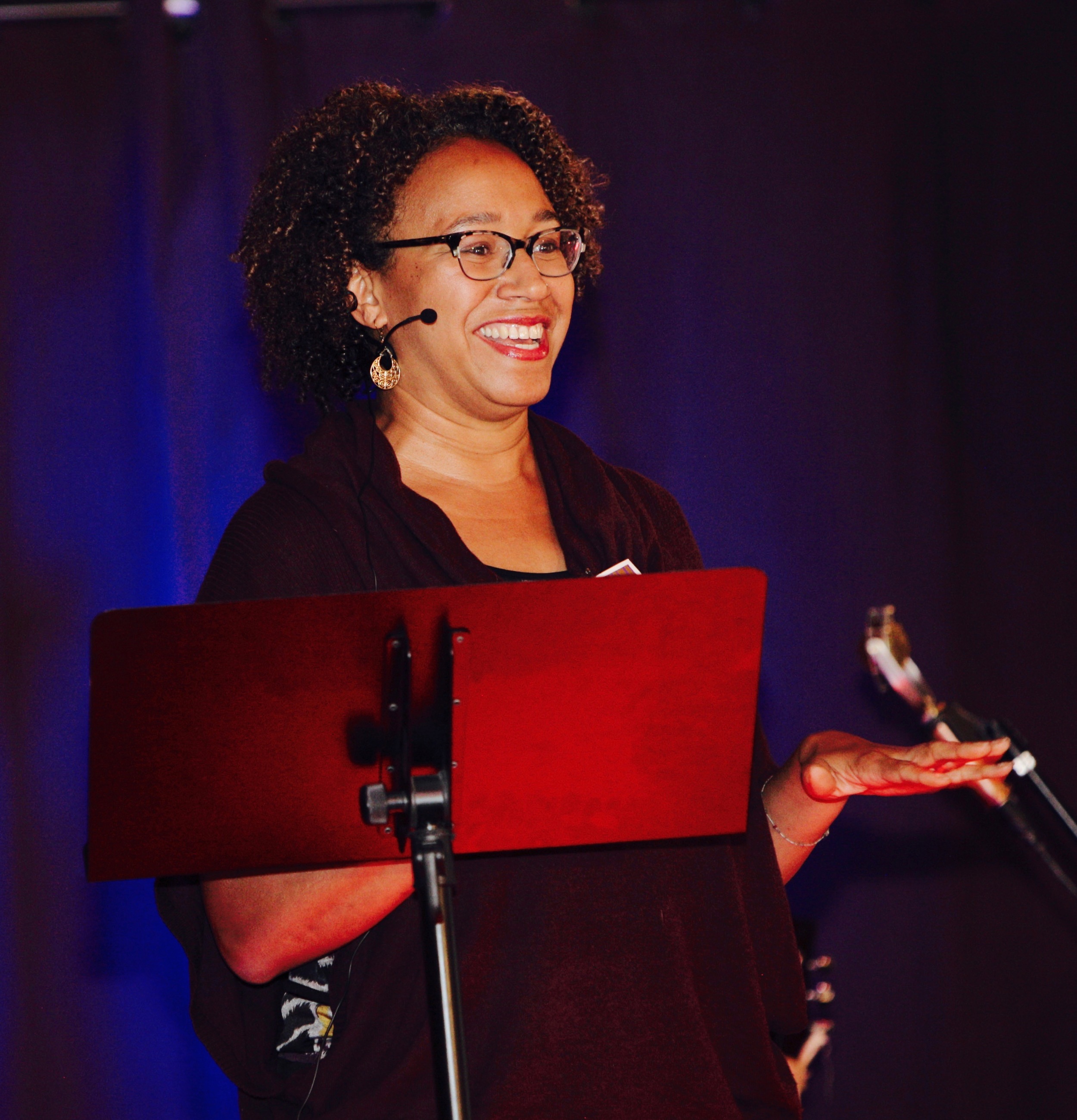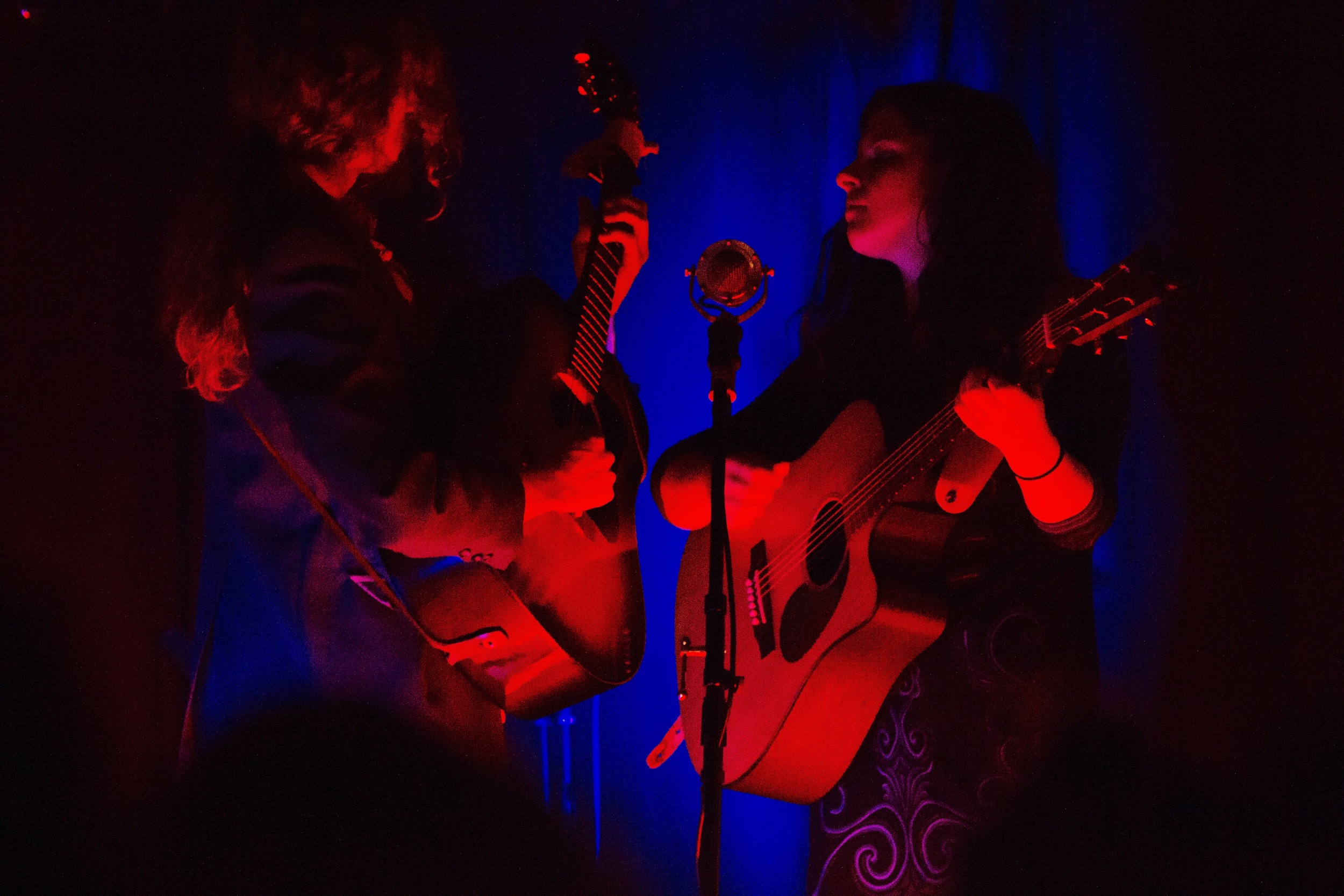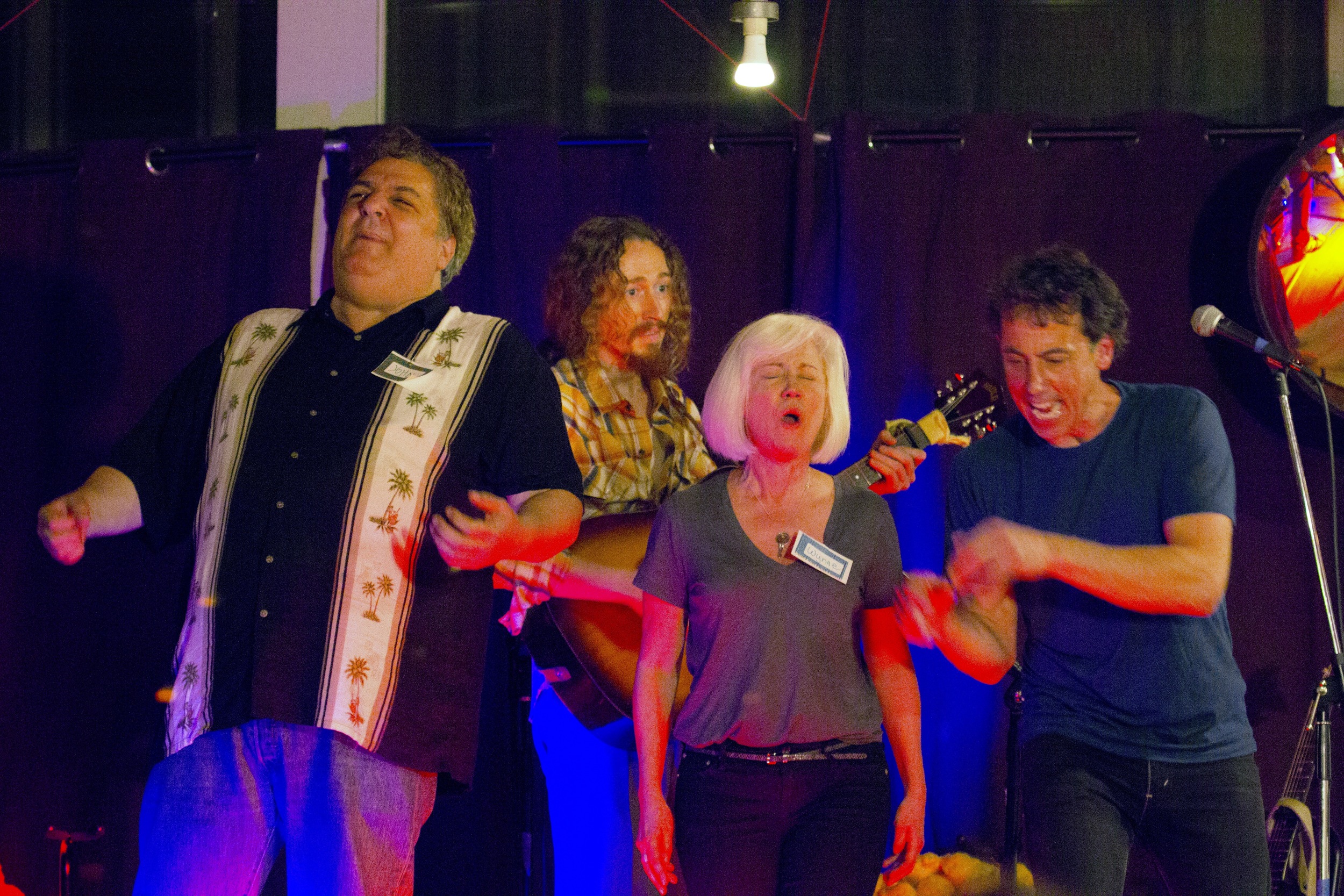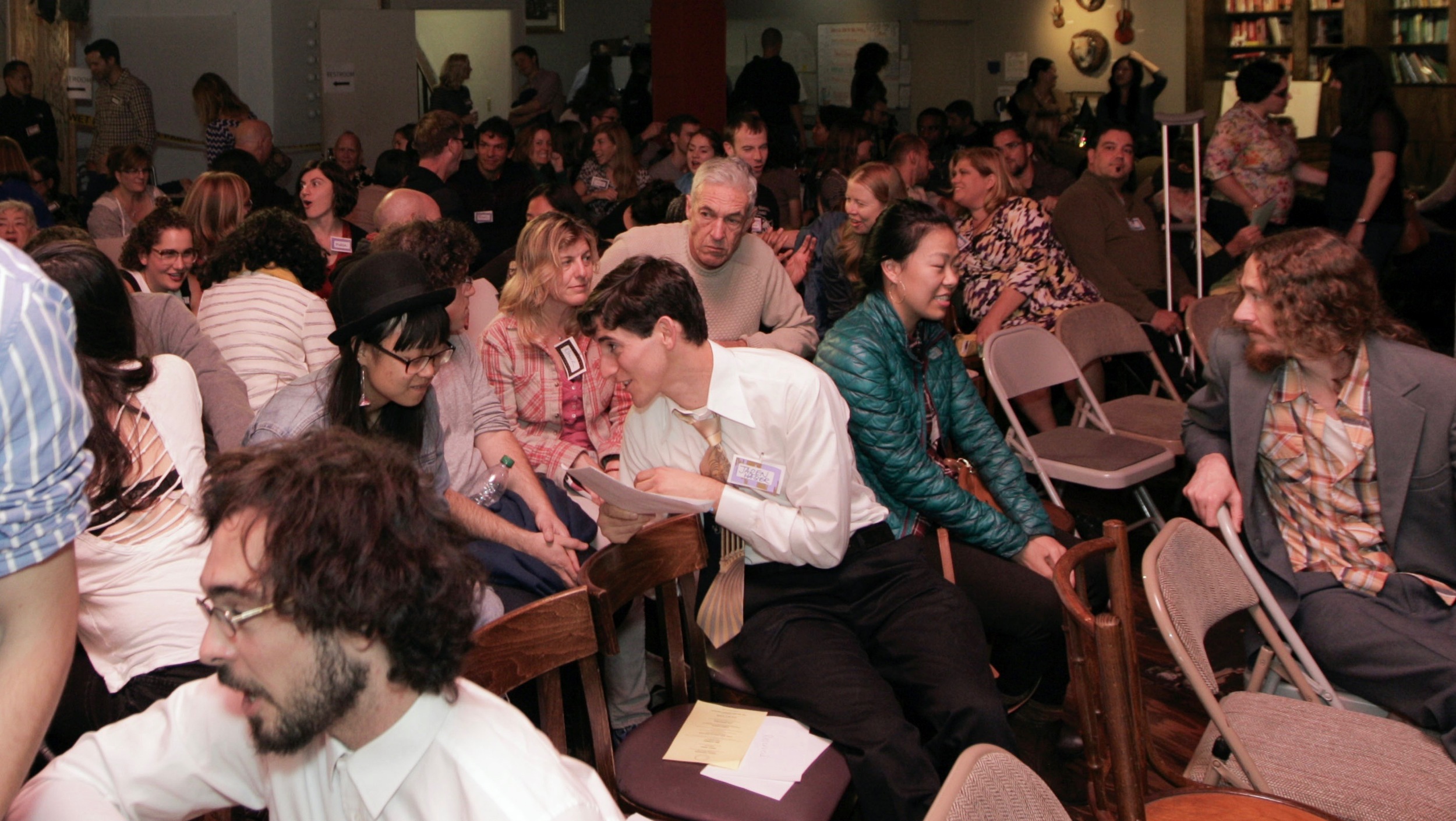MAY 5, 2017 / DOSIK / 3 COMMENTS
“Cheating” E-Bikes
“I hate it when the guys on e-bikes zoom past me when I’m cycling up a bridge! It’s like cheating.”
I was talking about the absurdity of NYC’s electric-bike laws and its impact on delivery workers with a male NYC cyclist when he exclaimed his disgust with e-bike riders. Other bike activists have also told me that many male cyclists complain about e-bikes because they are “cheating” or not “real” cyclists.
It’s not hard to find this sentiment in the bicycling world. From Outside Magazine in 2014:
But the biggest flaws with e-bikes are physical and psychological. The bicycle is meant to be an endorphin-multiplier. In my mind, bike commuting’s big draw is burning calories on the way to your destination. Yes, an e-bike is better for the environment than your car, but in the end, you forgo a crucial part of the experience. You make yourself better, and stronger, when you ride a real bike.
By doing the hard work for you, e-bikes cheat people out of that accomplishment and ultimately make them lazier. They enable entitlement to motion and a sense of false accomplishment.
This description of e-bikes as “cheating” disturbs me because of its language of exclusion that idolizes the able-bodied, bootstrapping, hyper-competitive male cyclist as the “real” way to bike. This perspective invalidates and erases other ways, cultures, and experiences of biking. It suggests that if you don’t behave as “real” men who ride “real” bikes, you are lazy and undeserving. By this definition, the Chinese delivery workers in their 50s and 60s with all sorts of leg injuries and other health impairments from years of delivery work who need to ride e-bikes to be able to deliver food for 12- to 16-hour work days are cheating themselves of becoming real men. This is an example of how toxic masculinity can manifest in cycling, which undermines the conditions for wholeness and inclusion in the bike movement.
Hunger, not love
“The women in Korea loved me!” he exclaimed.
Last October at rush hour, I squeezed into a packed uptown 6 train. As the train doors closed, the briefcase of an old man got caught in the door and both he and I grabbed the briefcase at the same time and yanked it in. We laughed and he cracked a joke about how his wife complained about the large size of his briefcase.
After a moment, he asked me, “Where are you from?”
In my head, I was like, oh great, this again. I replied that I live in Queens and he shook his head, “No, I meant, what’s your ethnic heritage?”
I sighed and told him that I’m Korean by ethnicity. To which, he replied, “Oh great, I was a military pilot in Korea. You know, when I was there, the women in Korea loved me! They would always beg me to take them to the officer’s club!”
Stunned, I had a frozen fake smudge of a smile on my face while he kept chatting about hooking up with women in Korea. I was taken aback by the aggressive subtext of his words that sought to form a poisonous masculine bond with me while simultaneously trying to emasculate me as if my Korean male ethnicity implied ownership of Korean women. Who does that?!? On a packed public subway train no less! This wasn’t the first time something like this had happened to me, but for some reason, I hadn’t been able to fully name it beforehand and saw how I was being expected to fulfill a particular role within a toxic and racialized system of masculinity.
Thunderstruck in my dawning realization, I slowly managed to detach myself from the old man as anger, shame, and hurt boiled inside. In retrospect, I wish I could have told him that the women almost certainly “loved” him because they were hungry. They were starving because the Korean war devastated the country, which poisoned and destroyed the land. They were hungry because the American military often decided that they wouldn’t distinguish between “good” South Koreans and “bad” North Koreans and many times, they killed all the gooks that moved. They were hungry because the American military became the only way to get food. They also “loved” American GIs because providing sex workers for the American military by Korea was seen as a way to bring dollars into the country. I wish I could have told him that what he was describing is violence, not love.
The Painful Hierarchy of Toxic Masculinity
Recently, on my bike commute home, I got into a cursing and screaming altercation with a couple of pedestrians who looked to be a middle-age Latina and a young Latino man, who may have been her son although I don’t know any of this for certain. Biking home in my neighborhood in Astoria (Queens), I saw the crosswalk countdown start ticking down. I instantly started pedaling hard as I calculated that I could just beat the light if I tried. As I crossed the intersection, I saw a couple of pedestrians in my path slowly crossing against the light and I planned to veer around them. Then suddenly, I heard a car rev up behind me and speed through the light next to me leaving me no room to veer. I slowed down just enough for the two pedestrians to finish crossing as I passed them closely. As I passed, the guy reared back with his hand curled up in a fist as if to hit me! He didn’t punch me, but I was momentarily shocked and then really pissed off. I stopped my bike and started cursing at them demanding to know why the guy pulled a fist at me. He started screaming at me that I was going too fast and wanting to know if I wanted to man up and fight. Unwilling to back down with my own enraged manhood, I yelled back that I wasn’t going too fast and that I had the light – at which I instantly winced inward as it came out of my mouth.
I winced because I hate this argument – that we absolve our responsibility to others just because we have the “light” or the “right of way.” Much like drivers who often reduce cyclists (and pedestrians) to mere objects in the way of speed, and we cyclists can be susceptible to reducing anybody in our path into an annoying obstacle and subject to our aggression. Having it come out of my mouth makes me feel ashamed about how much I have internalized the abusive inequalities, fragmentation, and exclusions of car culture. In retrospect, although I wasn’t actually going very fast because the intersection was on an uphill grade, I suspect the pedestrians were startled because they were not looking at me and only noticed me at the last moment and thus it seemed to them that I appeared out of nowhere and thus seemed to have been going very fast.
I kept cursing at them though and the woman came over to me and yelled at me too and accusingly asked me, “Think, if we were in a black neighborhood, would you have stopped?” Aside from wielding a horrible stereotype about black neighborhoods, the woman was asking a question about power that is laced with pain and trauma I cannot know. Perhaps the guy or someone they know had been hit by a driver. Or perhaps by a cyclist. Perhaps they were sick of feeling discriminated because of their skin color. Perhaps they saw me as an honorary white person, as many Asians have been complicit in anti-black and anti-brown racism. Perhaps the guy simply reacted as many man do when they experience fear – with violence. Perhaps they were frustrated by gentrification and how financially precarious many of our lives are in NYC. Are these things likely? I have no idea, but hearing their story wasn’t possible in my fury.
But equally, she and the other guy had no idea about the trauma I brought into the altercation. Crossing into that intersection, I carried the fear of street violence from close calls or worse on a bike and from endless newsabout cyclist deaths. They had no idea that I had just come from working with Xiaodeng and Katie for hours of collecting surveys with Chinese delivery cyclists who told us heart-breaking and infuriating stories. In one example, a Chinese deliveryman told us his frustrations of trying to get his e-bike back after being confiscated by the police. He paid the $500 fine and the police told him to go to storage facility to get his e-bike back. He went, waited in line for an hour, and the facility couldn’t find his bike. He went back to the police department and they redirected him to another storage facility. He went and again that facility couldn’t find his e-bike. This happened twelve times before he finally gave up. While these stories didn’t happen to me, I find it difficult to hear these stories and not feel a kind of empathetic rage. And this rage bled freely into our confrontation in the street. And in their anger, they couldn’t hear my story.


















